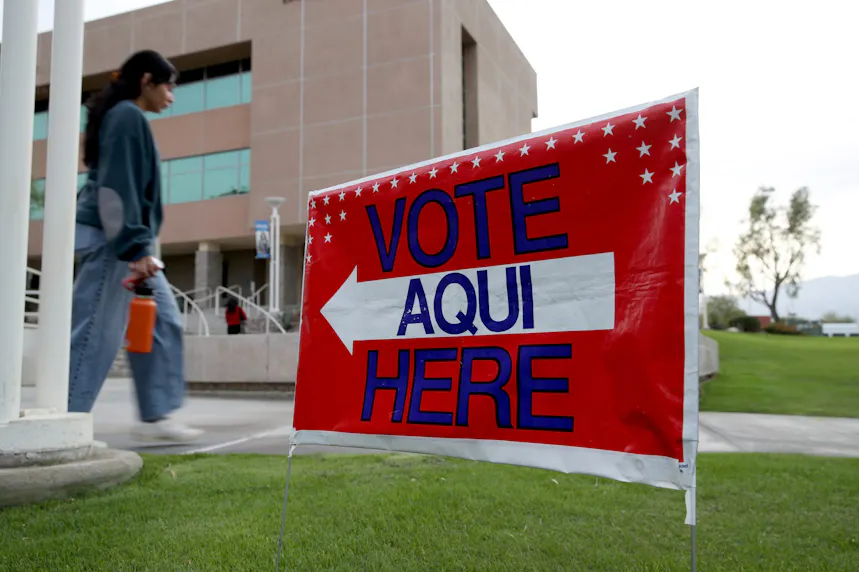Ethics Questions Emerge as Gubernatorial Candidate Bets on Himself

Last updated: June 3, 2025 7:54 AM EDT • 3 min read X Social Google News Link

Kyle Langford, the Republican California gubernatorial candidate, has attracted national attention by putting his money where his mouth is and betting on his own political future for the governor's election in 2026.
Langford, who is the Executive Director of the California First Political Action Committee (PAC), publicly declared in a post on social media platform X (formerly Twitter) that he had put down $98.76 worth of contracts on Kalshi, a federally regulated prediction market, for his own campaign. Make sure to use a Kalshi promo code if you plan to follow his lead.
The bet, which reflected Langford's 6% likelihood of taking the governor's office, would yield a payout of possibly $405 if it succeeded - an estimated profit of $306.32. Langford also called for his supporters to make identical wagers as a symbolic gesture of support for his campaign. His appeal has stirred controversy, and ethical concerns about candidates wagering on their electoral outcomes are being raised.
Langford's wager coincides with the broader expansion of prediction markets in the United States. Kalshi, which is regulated by the Commodity Futures Trading Commission (CFTC), launched U.S.-based betting markets on elections in October 2024, just ahead of the last presidential election.
Despite its federal regulatory green light, Kalshi has been the subject of mounting legal action. Seven states - Arizona, New Jersey, Nevada, Maryland, Montana, Ohio, and Illinois - have brought cease-and-desist orders against Kalshi via their attorneys general or regulatory commissions.
The allegations largely center on claims that Kalshi and similar sites evade existing gambling laws, don't pay taxes, and exploit regulatory loopholes.
Kalshi CEO challenges the system
Kalshi CEO Tarek Mansour has consistently defended the platform's legitimacy and value. He has described prediction markets as essential tools for uncovering public sentiment and improving forecasting accuracy, dubbing them "quintessential truth machines."
Following the CFTC's favorable ruling last month, when the agency withdrew its legal objection to the existence of election markets, Mansour said the outcome validates prediction markets as a lasting institution within the U.S. political and financial system.
Kalshi issued a press statement acknowledging the event and affirming its commitment to regulatory compliance. CFTC rules require the platform to monitor and, where necessary, enforce its laws against market manipulation and conduct of participants.
There have also been ethical concerns about whether candidates are permitted to wager on their own electoral chances, given their inside access to campaign information and the potential to manipulate market outcomes. While no rule currently exists under CFTC regulations that explicitly prohibits such activity, critics argue that it invites market manipulation or erodes public confidence in prediction markets and the political process.
Langford has made no further public comment since revealing his wager, and it remains to be seen whether his actions will influence regulatory policy or candidate conduct in future elections. The intersection of political ambition and financial speculation remains a contentious issue among voters, regulators, and legislators.

Ziv Chen X social





